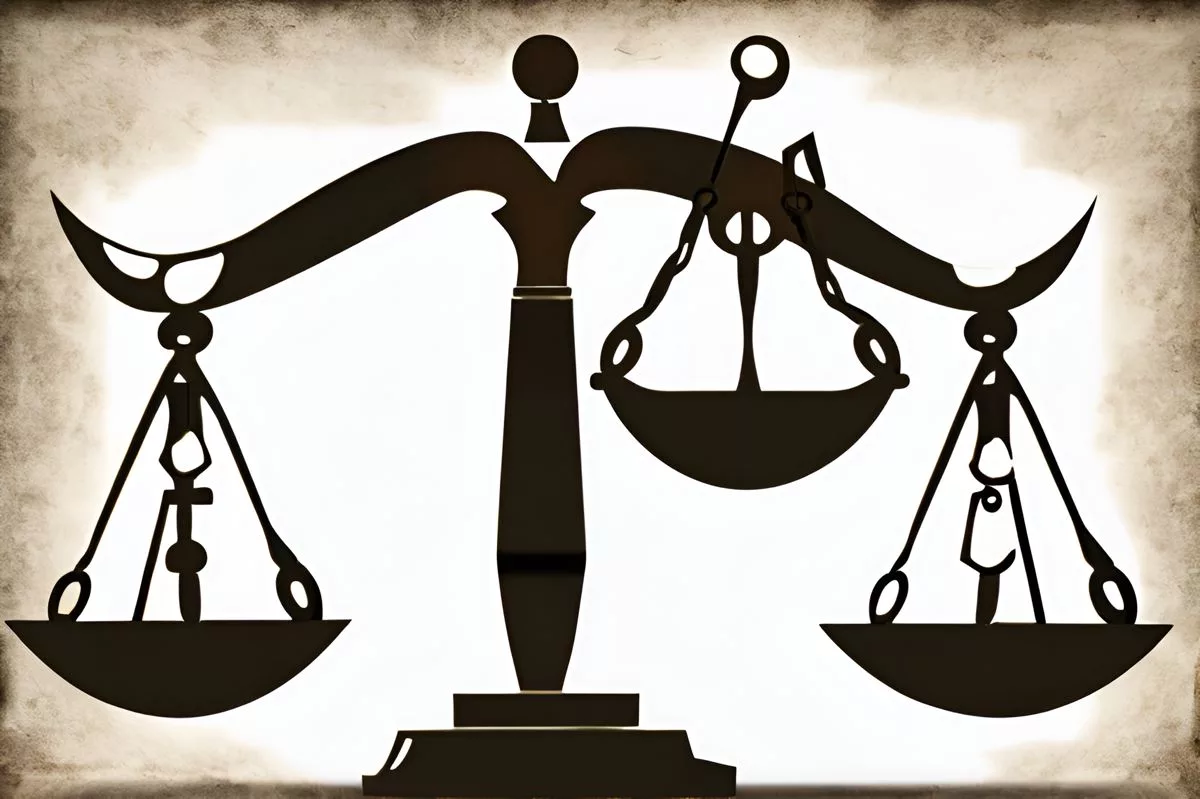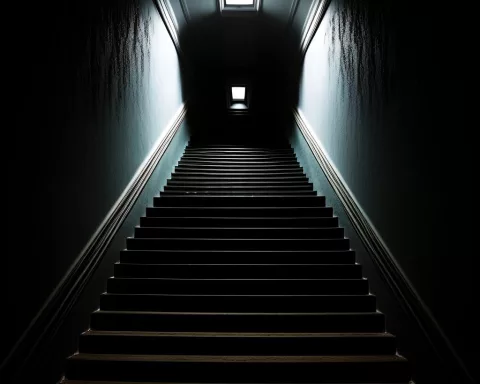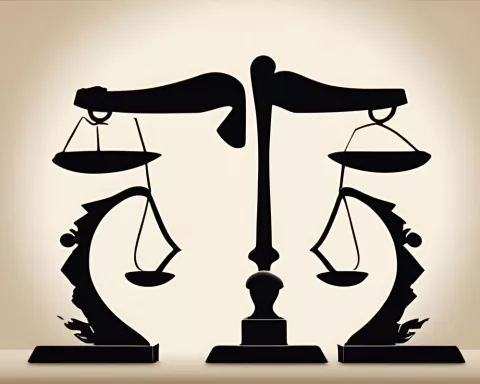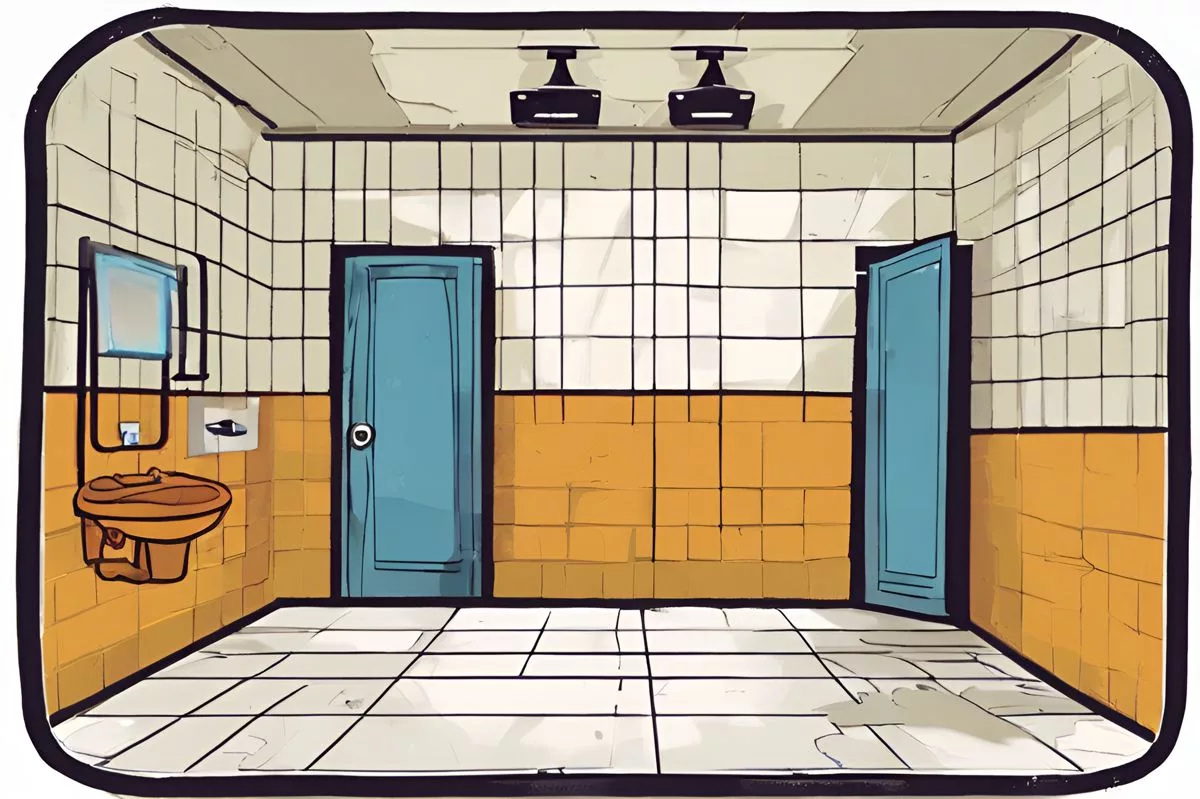The tragic death of Deveney Nel has sparked a debate on how to deal with juvenile offenders in South Africa. The National Prosecuting Authority will approach the case according to the Child Justice Act, which protects the rights of minors until they turn 21. The court acknowledges children above 14 as capable enough to understand criminal implications, but sentencing relies on social worker reports and assessments. The ongoing debate highlights the need to balance justice for victims and potential for rehabilitation.
What are the implications of Deveney Nel’s death on addressing juvenile crime?
The tragic death of Deveney Nel has sparked a debate on how to appropriately deal with juvenile offenders in South Africa. The National Prosecuting Authority will approach the case in accordance with the Child Justice Act, which protects the rights of minors until they turn 21. The court acknowledges children above 14 as capable enough to understand criminal implications, but sentencing relies on social worker reports and assessments. The ongoing debate highlights the necessity of striking a balance between justice for victims and potential for rehabilitation.
The heart-wrenching death of Deveney Nel, a 16-year-old South African girl, has brought a critical issue into sharp focus for the nation: how to appropriately deal with juvenile offenders. This devastating event has sparked an intense public reaction, with many insisting that Nel’s suspected 17-year-old killer should face the same legal penalties as an adult. Despite the strong outcry, the issue remains intricate, intertwining questions of justice, punishment and the law’s role in molding the country’s future citizens.
Debating Juvenile Justice: A Tangle of Law and Morality
The National Prosecuting Authority (NPA) has made it known that the case will be approached in accordance with the Child Justice Act. According to this legislation, the rights of a minor could be protected until they turn 21 years old depending on specific circumstances. Eric Ntabazalila, the Western Cape Spokesperson for the NPA, reinforced this standpoint, suggesting it’s not solely about securing justice for the victim but also guaranteeing due process for the alleged offender.
This viewpoint is shared by Adéle van Schalkwyk, Head of Criminal Law at Burger Huyser Attorneys, who underscores the significance of the accused’s age when assessing their mental capacity to commit a crime. Despite this, she adds that the trial process isn’t modified by the age of the accused, barring the exceptions of whether a minor is escorted by an adult and if their identity is revealed. The court’s discretionary power might also make exceptions to these provisions.
Understanding Juvenile Sentencing: A Balance of Factors
Currently, the court acknowledges children above the age of 14 as capable enough to understand the criminal implications of their actions and the subsequent consequences. Therefore, in theory, minors can be given life sentences. However, such decisions rely heavily on a comprehensive evaluation of social worker reports and assessments to ensure the sentence is proportionate to the crime and the offender’s circumstances.
Mabana Moyo of Khulisa Social Solutions, a rehabilitation-focused organization, proposes a different viewpoint. Moyo proposes a shift from punitive to preventative measures. She believes that by implementing early intervention programs in schools and other centers, we can foster safer learning environments and decrease the levels of violence.
Looking Ahead: Balancing Justice and Rehabilitation
This ongoing debate highlights the necessity of striking a balance, ensuring justice for victims while also pondering the future impact on young offenders. It is essential to remember that no child is inherently a criminal, and their actions, no matter how appalling, are often a manifestation of their circumstances. While this doesn’t absolve them of their crimes, there is an urgent necessity to comprehend the underlying causes and address them effectively.
As society wrestles with these challenging questions, the case of Deveney Nel stands as a powerful reminder of the complexities involved in handling juvenile crime. It is a delicate equilibrium between pursuing justice and preserving every child’s potential for rehabilitation. As we tread this fine line, it is crucial to bear in mind that our decisions today will shape the society of tomorrow.
What is the Child Justice Act?
The Child Justice Act is a South African legislation that protects the rights of minors until they turn 21 years old, depending on specific circumstances. It ensures that the justice system considers the age and mental capacity of juvenile offenders when determining their sentence.
Can minors be given life sentences?
In theory, yes. According to current legislation, children above the age of 14 are capable enough to understand the criminal implications of their actions and the subsequent consequences. However, such decisions rely heavily on a comprehensive evaluation of social worker reports and assessments to ensure the sentence is proportionate to the crime and the offender’s circumstances.
Should juvenile offenders be treated the same as adults?
The answer to this question is not straightforward. While some argue that juvenile offenders should face the same legal penalties as adults, others believe in focusing on rehabilitation and early intervention programs to address the underlying causes of juvenile crime. It is essential to strike a balance between justice for victims while also considering the future impact on young offenders.
What is the role of social worker reports and assessments in juvenile sentencing?
Social worker reports and assessments play a crucial role in determining the appropriate sentence for juvenile offenders. They evaluate the offender’s circumstances, including their home life, family, and school, to ensure the sentence is proportionate to the crime and takes into account any mitigating factors that might have influenced their actions.
How can we prevent juvenile crime?
Preventing juvenile crime requires a multifaceted approach, including early intervention programs in schools and other centers. By fostering safer learning environments and addressing the underlying causes of juvenile crime, we can decrease the levels of violence in our communities.
Why is it important to strike a balance between justice and rehabilitation for juvenile offenders?
By striking a balance between justice and rehabilitation, we can ensure that we are not just punishing juvenile offenders for their crimes but also addressing the underlying causes of their behavior. It is crucial to remember that no child is inherently a criminal, and their actions are often a manifestation of their circumstances. Our decisions today will shape the society of tomorrow, and it is essential to consider the future impact on young offenders.












